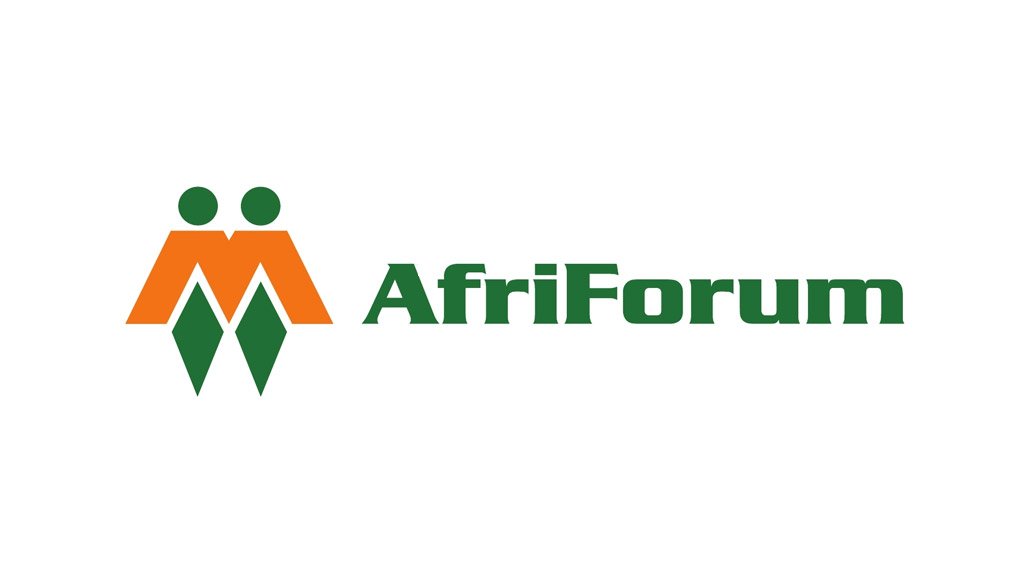Civil rights organisation AfriForum on Thursday strongly denounced the General Intelligence Laws Amendment Bill (GILAB), emphasising that the proposed amendments are not only unconstitutional but also compromise the very democratic values it aims to uphold.
The organisation has made written submissions to the parliamentary ad hoc committee laying out its concerns around the GILAB.
AfriForum’s division of Community Safety chief spokesperson Jacques Broodryk noted that the expansion of vetting powers proposed in GILAB was a matter of "profound concern".
The organisation said the broad and ambiguous definition of “person or institution of national security interest”, as it was currently defined in the Bill, raised apprehensions about potential infringements on freedom of association and the right to privacy.
AfriForum believes that such extensive vetting powers may lead to undue surveillance and may affect civil society in particular.
Broodryk said that it was deeply concerning that GILAB proposed mandatory security “vetting” of civil society and private institutions in South Africa.
“This is, however, not surprising, as civil society organisations have become the single biggest thorn in the corrupt African National Congress government’s side when it comes to keeping them accountable. The ‘thorn’ burns even more seeing as the government’s own Chapter 9 institutions have become infected by the same cadreism that has caused the ruling party to rot to its core,” he added.
AfriForum’s submission also addressed the inadequacies in oversight of mass surveillance capabilities introduced by GILAB.
Broodryk highlighted that the attempt to legalise the National Communications Centre’s (NCC's) operations lacked essential safeguards for privacy and freedom of expression, risking unchecked surveillance powers with insufficient protection against potential abuses.
“It is clear that, despite the 2021 Constitutional Court decision declaring the NCC’s operations unlawful, the GILAB aims to push on with this practice through which mass interception of various types of communication – such as Internet data traffic and phone conversations – could potentially be undertaken,” Broodryk said.
He said that he did not see anything good from giving more powers to spy on civilians, highlighting that whistleblowers would be targeted even more.
“Do not forget how often corruption whistleblowers are targeted in this country. Take Babita Deokaran, who was murdered in August 2021, in an attempt to cover up government corruption, for instance. Her cellphone was monitored and traced for weeks before her violent death. Now, the same corrupt government wants more powers to spy on civilians? I cannot see how any good can come of this,” said Broodryk.
He added that this was the same government, which in the past, used advanced cellphone signal jamming technology to prevent the media from reporting on events during the State of the Nation Address.
EMAIL THIS ARTICLE SAVE THIS ARTICLE ARTICLE ENQUIRY
To subscribe email subscriptions@creamermedia.co.za or click here
To advertise email advertising@creamermedia.co.za or click here











